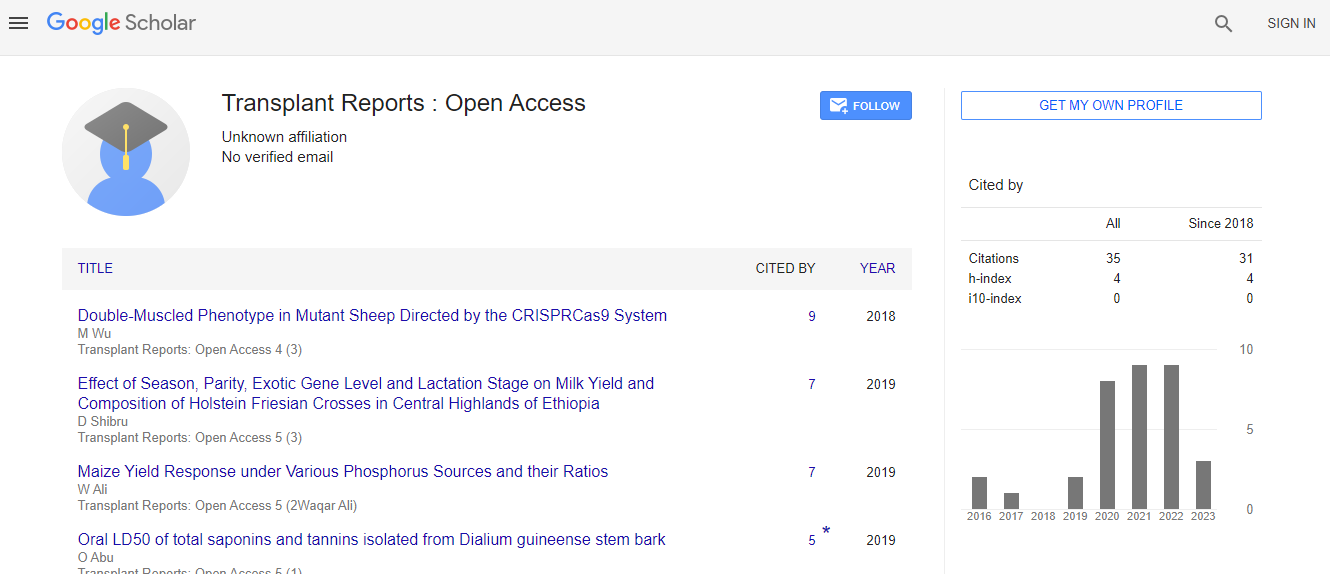Urine Leak Following Kidney Transplantation: An Evidence-based Management Plan
*Corresponding Author:
Copyright: © 2016 . This is an open-access article distributed under the terms of the Creative Commons Attribution License, which permits unrestricted use, distribution, and reproduction in any medium, provided the original author and source are credited.
Abstract
Care of kidney transplant recipient remains complex and long-term graft survival isn't seen in every transplant recipient. Due to reduced supply and increased demand of human organs, more transplants are administered using marginal grafts on emergency lists. Transplant recipients have altered physiology thanks to known end-stage renal disease, recent surgery and therefore the use of potent analgesic and immunosuppressive medications. Amongst the known surgical complications, urine leak remains the most common. It can result from poor graft preparation due to excessive peri ureteric or lower pole dissection or damage to lower polar artery resulting in ischemic necrosis. In addition, poor surgical technique, bladder outflow obstruction, iatrogenic injury to bladder or pelvis may contribute to urine leak. On-going urine leak may manifest itself as swelling, pain, high drain output, sepsis, ileus and eventual graft loss. Early identification, localisation and quantification of leak remain essential in management of those patients.

 Spanish
Spanish  Chinese
Chinese  Russian
Russian  German
German  French
French  Japanese
Japanese  Portuguese
Portuguese  Hindi
Hindi 